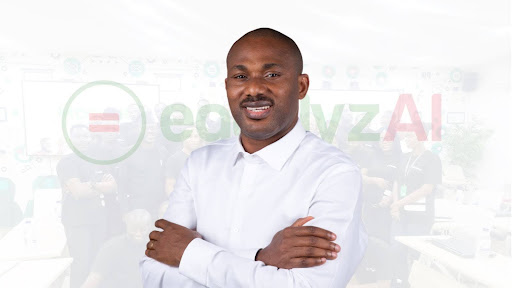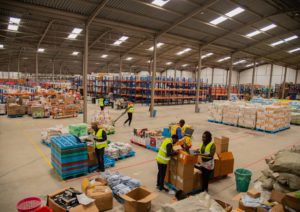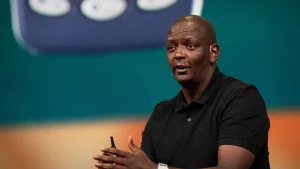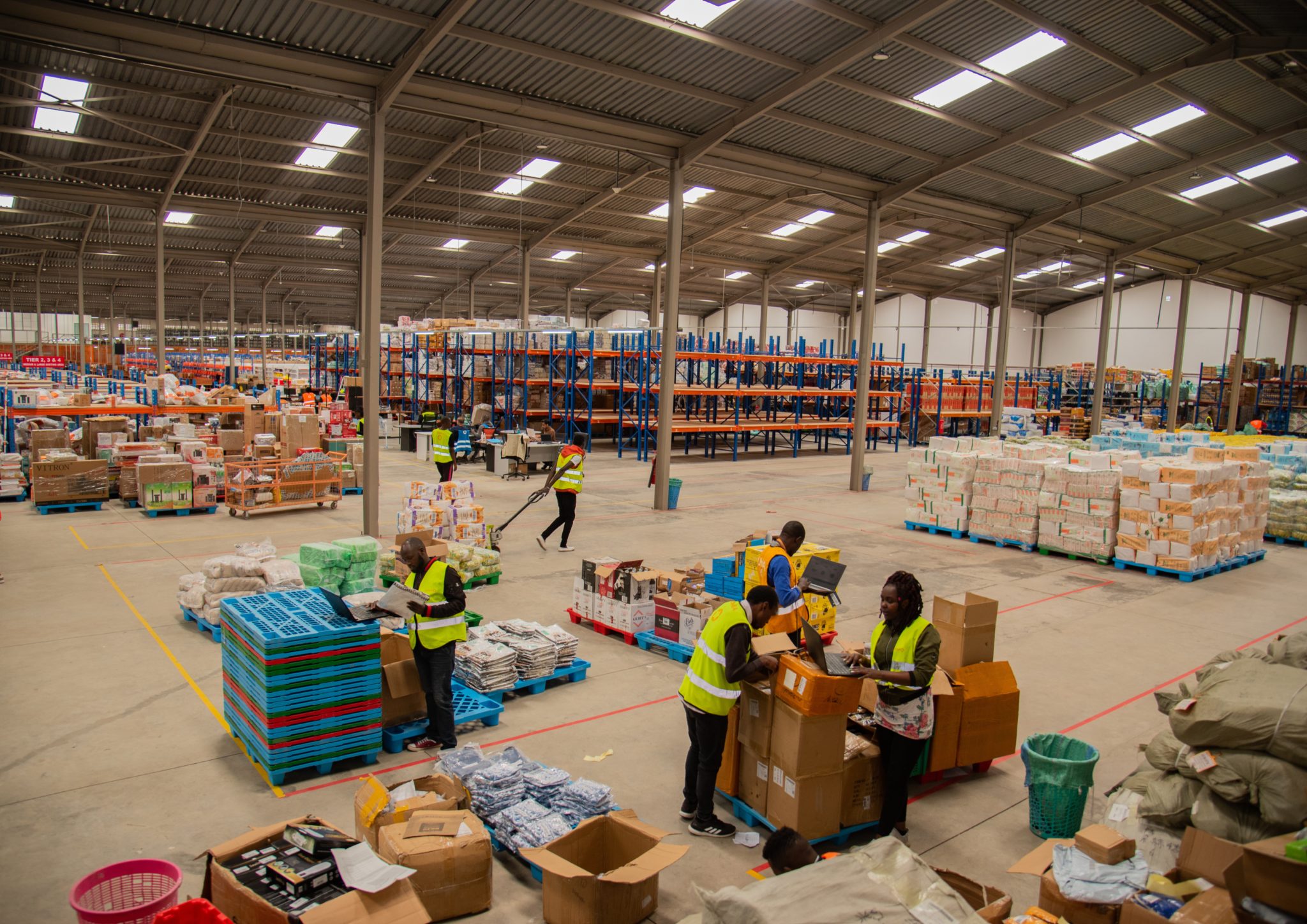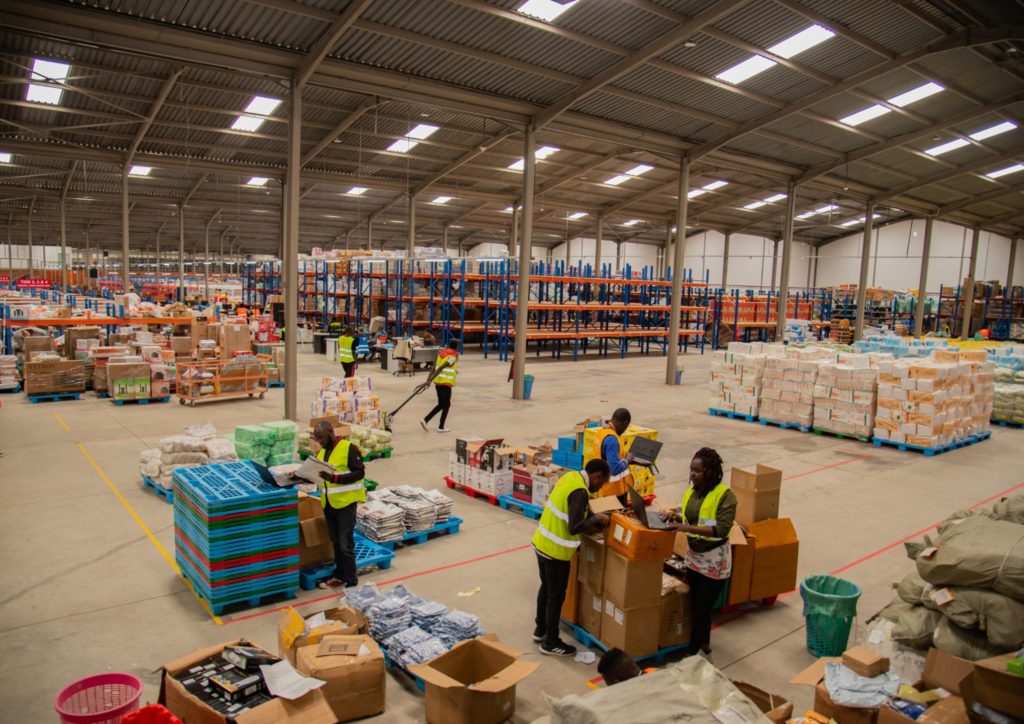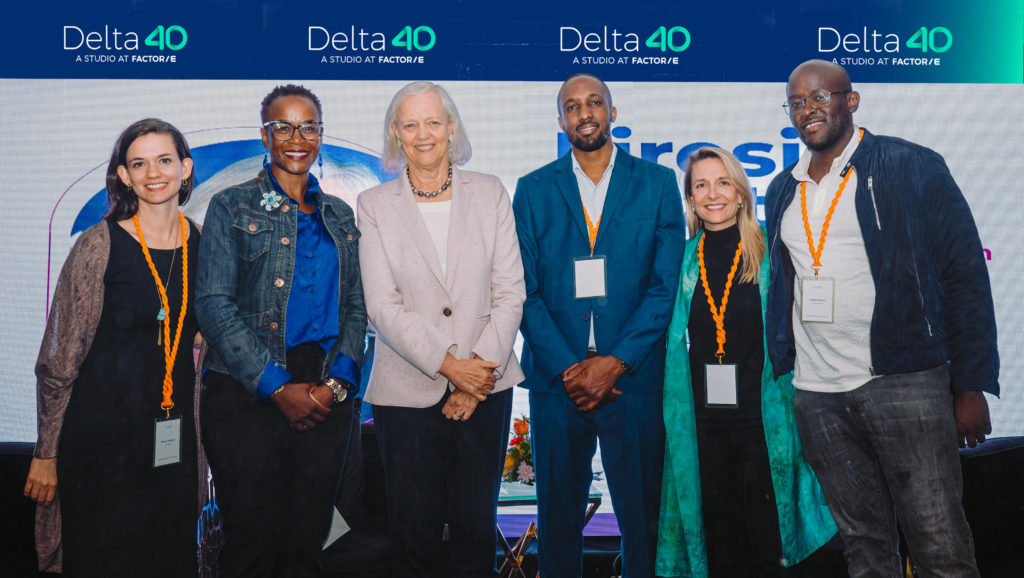Linguistic diversity is increasingly threatened as more languages go extinct. Several efforts, including teaching languages in schools and celebrating International Mother Language Day every year on 21st of February, have been put in place to help preserve them.
As part of the celebrations for this year’s International Mother Language Day, EqualyzAI held an event last Friday to demonstrate how artificial intelligence (AI) is used to achieve language preservation and inclusive innovation.
EqualyzAI is an artificial intelligence company developing hyperlocal, multimodal AI models tailored for emerging markets. By building powerful Small Language models (SLMs) for African languages, the company aims to break language barriers and make AI technologies accessible to over 700 million people across Africa. The company’s work centres on language preservation, financial inclusion, and creating Agentic AI—AI that can think, learn, and make decisions in local languages. By collecting and leveraging proprietary datasets, they aim to bridge the linguistic gap in AI and ensure digital accessibility for under-represented communities.
Keynote Address by CEO
Dr. Olubayo Adekanmbi, CEO of EqualyzAI, opened the event with an inspiring speech on the vital role of language in cultural preservation. He emphasised that language is the essence of identity and history, stating, “It’s in the preservation of language that we can preserve our culture.” He drew parallels to the Bengali people’s fight for language recognition in 1952, which led to the UN’s acknowledgement and creation of International Mother Language Day forty-seven years later.
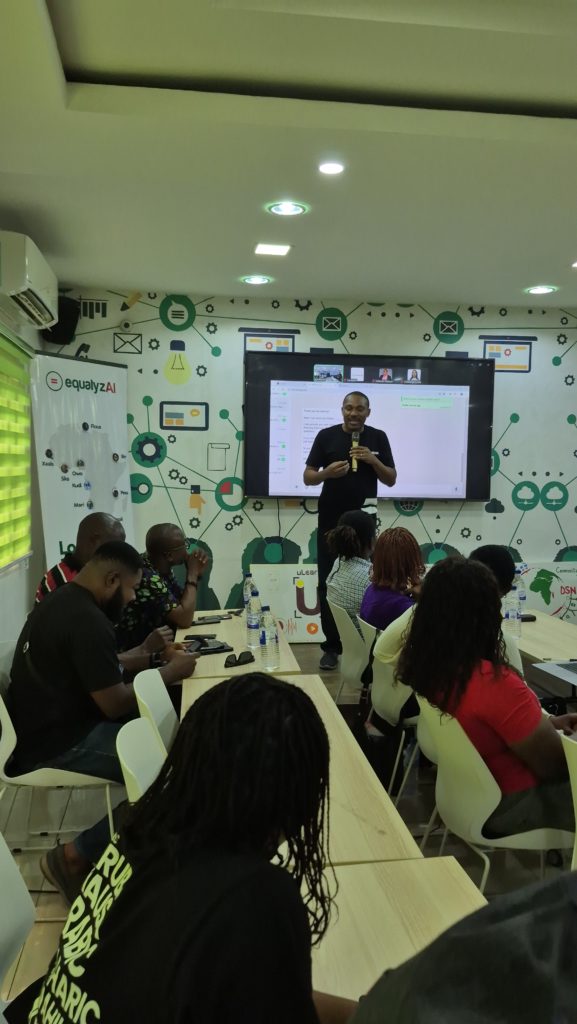
EqualyzAI’s Vision for Agentic AI
The concept of Agentic AI was the central theme of the event. EqualyzAI envisions AI systems capable of thinking and making decisions in local languages to enhance the quality of life in emerging markets. “We want to equalize opportunities and empower people so that we don’t suffer another form of colonialism,” Adekanmbi said.
Through its Agentic AI approach, the company now provides users with tailored advice, driving progress towards a more inclusive digital landscape. These agents can learn, understand, and provide contextually relevant advice—a significant step toward digital inclusivity.
Uche Edwin, Head of Products at EqualyzAI, set the stage for conversations explaining the different products they offer. He said the company provides language datasets, application programming interfaces (APIs), and a Platform-as-a-Service (PaaS) to help businesses and developers integrate AI-driven language solutions into various industries. These tools enable organizations to build and deploy AI-powered services tailored to local languages and contexts across different sectors.
Lawal Olanrewaju, data analyst at EqualyzAI, also spoke about the company’s extensive work in gathering proprietary hyperlocal datasets. He explained how his team collects data in ways that are authentic to native speakers through audio or text. This process allows AI models to effectively process languages like Yoruba, Igbo, Hausa, Swahili, and Twi.
In his demo, he showed their data collection platform, DataCollect, designed to collect hyperlocal datasets needed to build AI solutions that speak many African languages. Original speakers are engaged through the app and incentivized across communities to generate audio in their dialects, review translation accuracy, translate sentences, code-mix conversations, label images, etc.
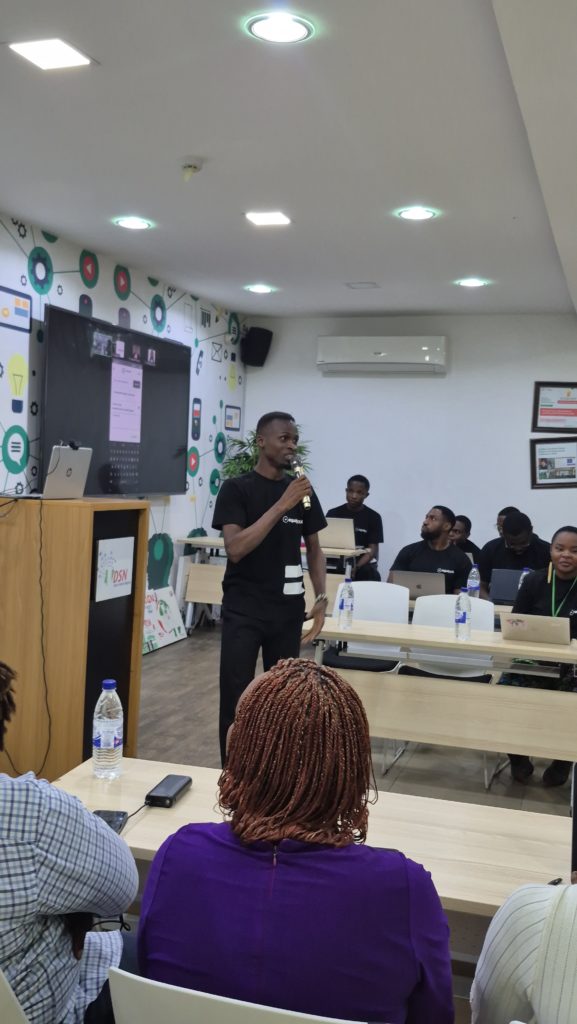
To showcase the startup’s second product, Rashidat Sikiru shared on how EqualyzAI has also leveraged its proprietary datasets to build AfroSLM, a small language model (SLM) specifically designed for financial solutions. She highlighted a contrast between the translation results of Google Translate and AfroSLM. In her presentation, Google Translate lost the context of the financial conversation, while AfroSLM was able to provide a translation that was relevant to the discourse.
Additionally, the company recently released a whitepaper titled “How Small Language Models (SLMs) Are Revolutionizing Localized AI Innovations for Social Good in Africa,” highlighting the potential of SLMs in addressing Africa’s unique challenges and advancing AI accessibility.
To demonstrate how its SLM is being deployed in functional products, Chimaoge Esotu, one of the product leads, introduced Honey, a WhatsApp-based chatbot designed to provide guidance on family issues around pregnancy and reproductive health. When its response was compared to ChatGPT, Honey performed better in its ability to recognise and understand cultural nuances and local slangs. This reinforced the need for localised solutions that understand how our people speak on the streets and in their homes.
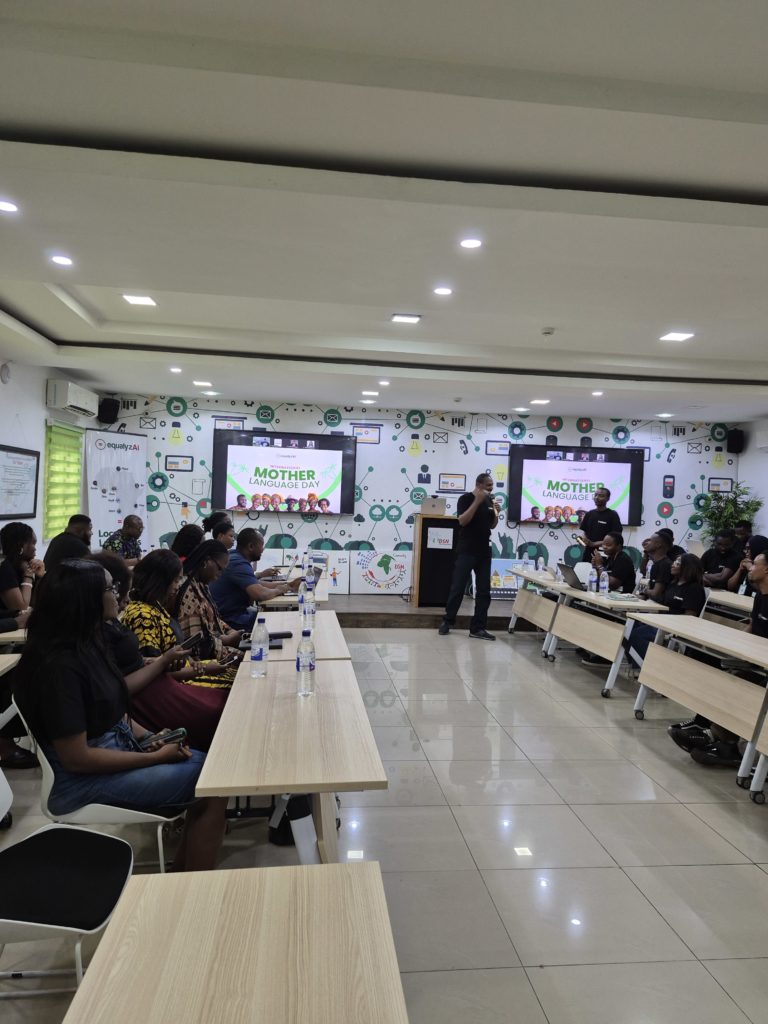
At the event held in Yaba, Lagos, a critical question dominated discussions: How will EqualyzAI ensure the accuracy of the language data collected and whether it will be free from discrimination against gender and minority groups—since this data serves as the foundation for building the language model, its integrity is paramount.
Adekanmbi explained that the data undergoes a rigorous two-layer review process by expert linguists. This process ensures correctness, fairness, and the elimination of biases that could negatively impact under-represented communities. By engaging linguistic experts and implementing thorough validation protocols, EqualyzAI aims to create an inclusive AI system that truly represents diverse voices and dialects.
As the event concluded, participants celebrated by exchanging greetings in their respective mother tongues—a powerful reminder of the richness and diversity of Nigeria’s indigenous languages.









